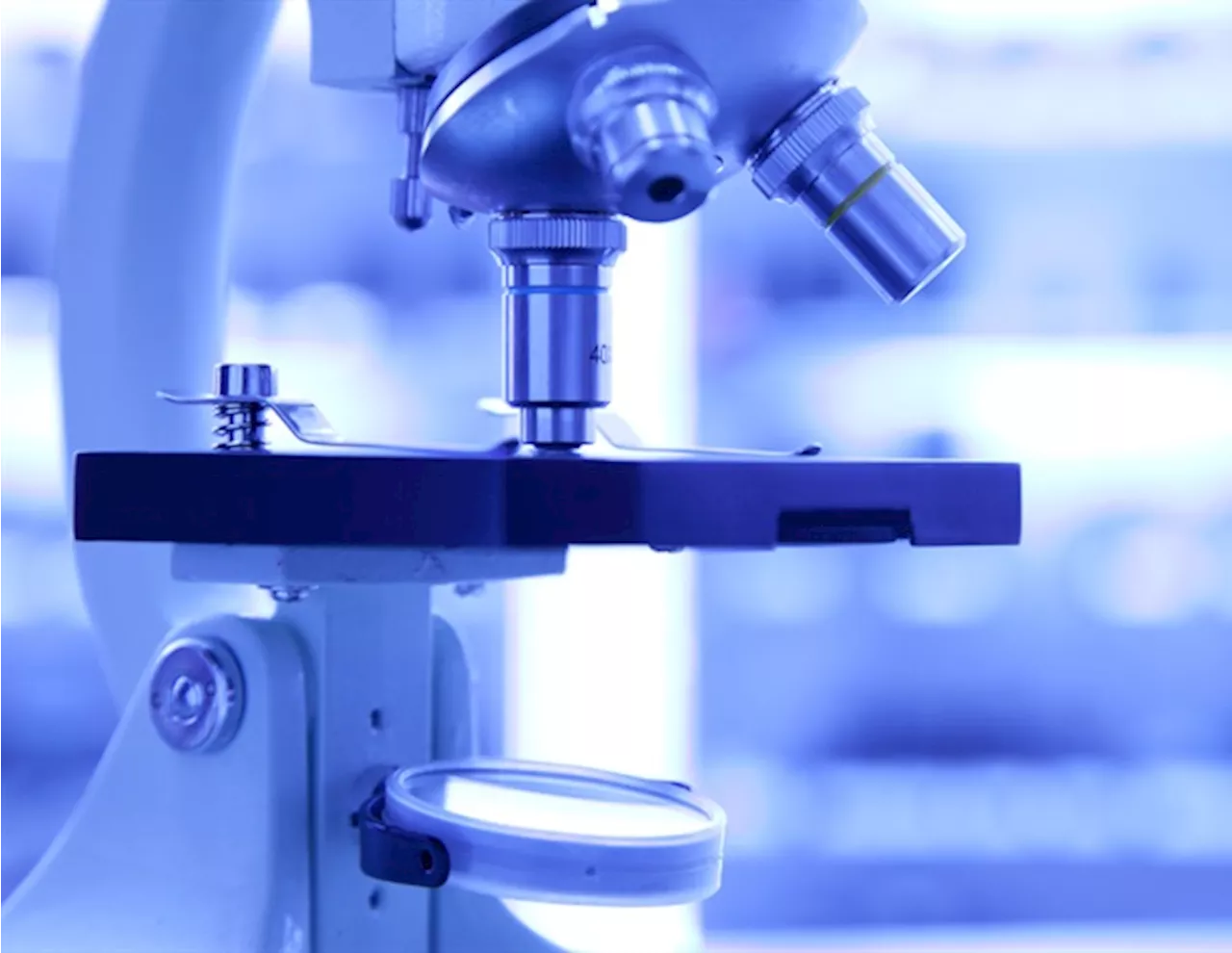What can stressed yeast teach us about fundamental processes in the cell? A lot, according to scientists at the European Molecular Biology Laboratory (EMBL). The team studies, among other topics, how cells adapt to stress -- such as nutrient deprivation.
European Molecular Biology Laboratory Oct 9 2024 What can stressed yeast teach us about fundamental processes in the cell? A lot, according to scientists at the European Molecular Biology Laboratory . The team studies, among other topics, how cells adapt to stress -- such as nutrient deprivation. One of their favourite test subjects is the yeast species S. pombe, for centuries used in traditional brewing.
"One way for a cell to survive stressful conditions until better days is to reduce its use of energy to a minimum," explained Olivier Gemin, EIPOD Postdoctoral Fellow in the Mattei Team who led this new study. "Producing proteins demands a lot of energy, which can be saved by blocking ribosomes.""There could be different explanations," said Team Leader Simone Mattei.
"So far, ribosomes were known to interact with membranes only via their large subunit. But in starved cells, we saw that they do this upside-down, via the small subunit!" said Mattei.
Molecular Biology Yeast Cancer Cell Electron Medicine Membrane Mitochondria Research Stress
United Kingdom Latest News, United Kingdom Headlines
Similar News:You can also read news stories similar to this one that we have collected from other news sources.
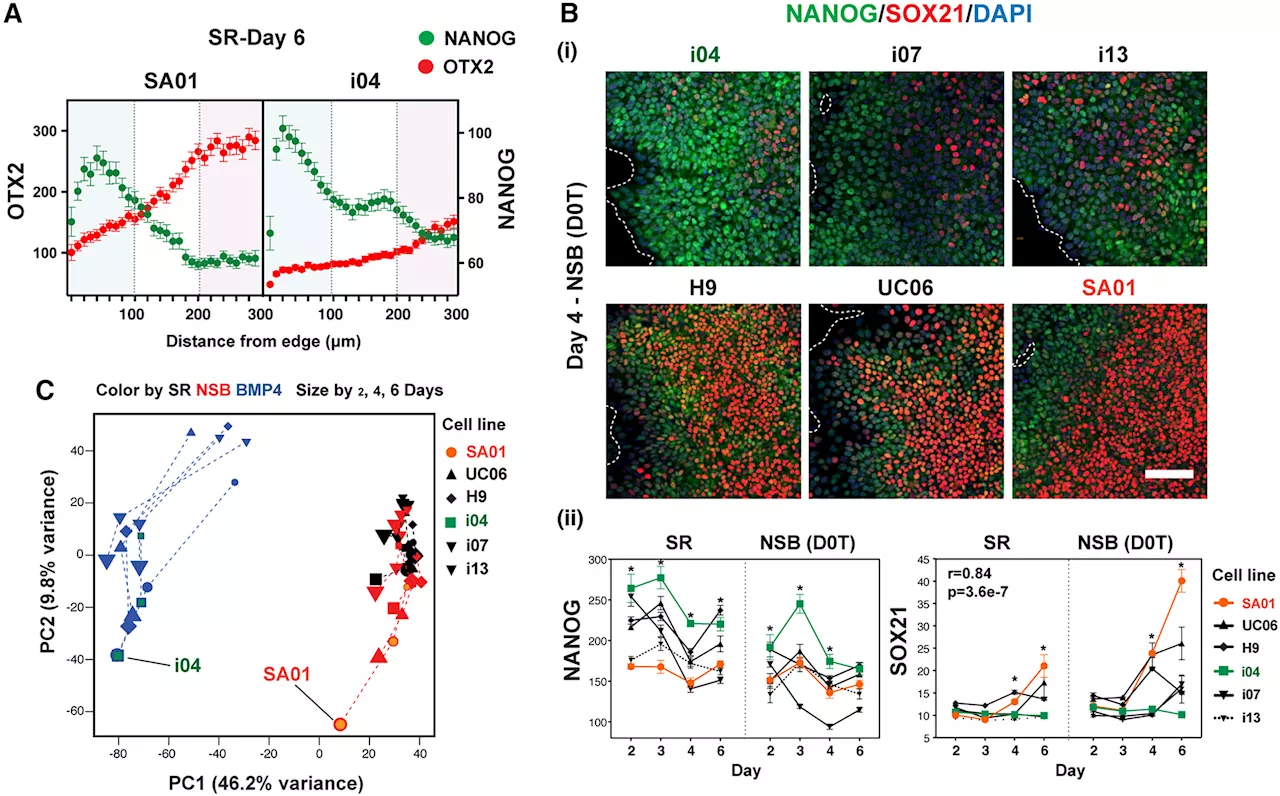 Stem cells map reveals molecular choreography behind individual variation in human developmentResearchers at the Johns Hopkins University School of Medicine have mapped variation in human stem cells that explains how cells of an individual may shape a unique 'developmental dance' at the molecular level, thereby controlling how the brain and body are created.
Stem cells map reveals molecular choreography behind individual variation in human developmentResearchers at the Johns Hopkins University School of Medicine have mapped variation in human stem cells that explains how cells of an individual may shape a unique 'developmental dance' at the molecular level, thereby controlling how the brain and body are created.
Read more »
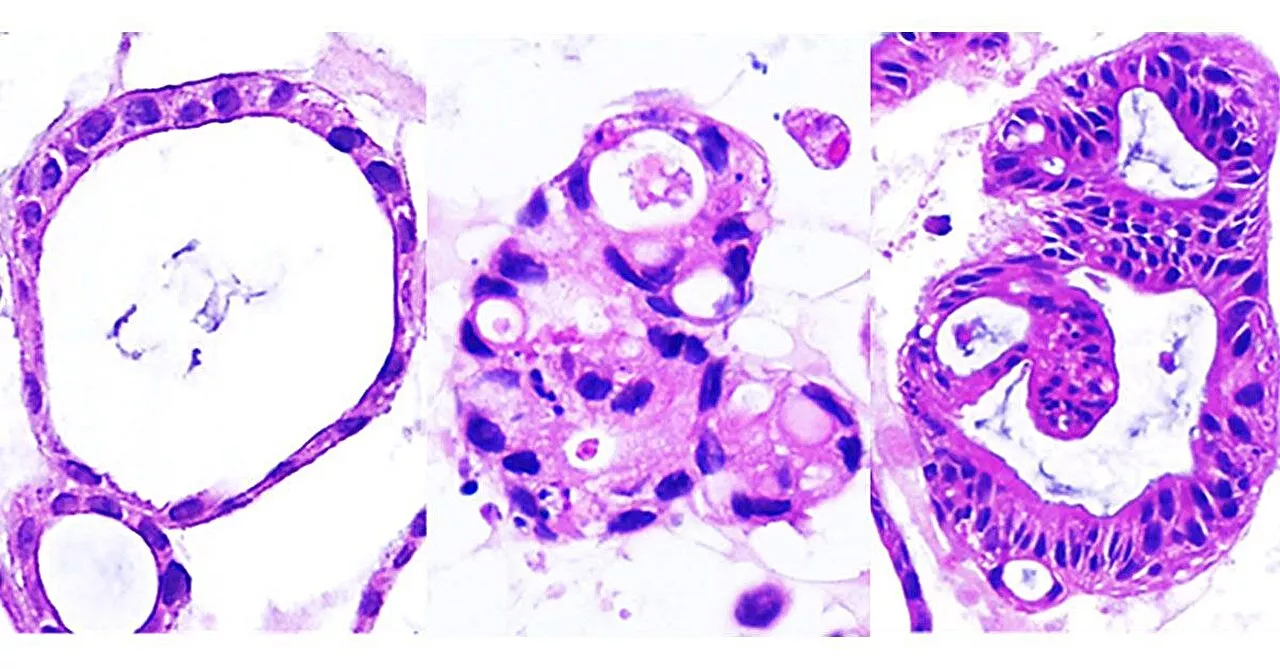 Organoids derived from gut stem cells reveal two distinct molecular subtypes of Crohn's diseaseCrohn's disease—an autoimmune disorder—is characterized by chronic inflammation of the digestive tract, resulting in a slew of debilitating gastrointestinal symptoms that vary from patient to patient. Complications of the disease can destroy the gut lining, requiring repeated surgeries.
Organoids derived from gut stem cells reveal two distinct molecular subtypes of Crohn's diseaseCrohn's disease—an autoimmune disorder—is characterized by chronic inflammation of the digestive tract, resulting in a slew of debilitating gastrointestinal symptoms that vary from patient to patient. Complications of the disease can destroy the gut lining, requiring repeated surgeries.
Read more »
 Molecular pathways in human cells reveal potential for developmental pauseIn some mammals, the timing of the normally continuous embryonic development can be altered to improve the chances of survival for both the embryo and the mother.
Molecular pathways in human cells reveal potential for developmental pauseIn some mammals, the timing of the normally continuous embryonic development can be altered to improve the chances of survival for both the embryo and the mother.
Read more »
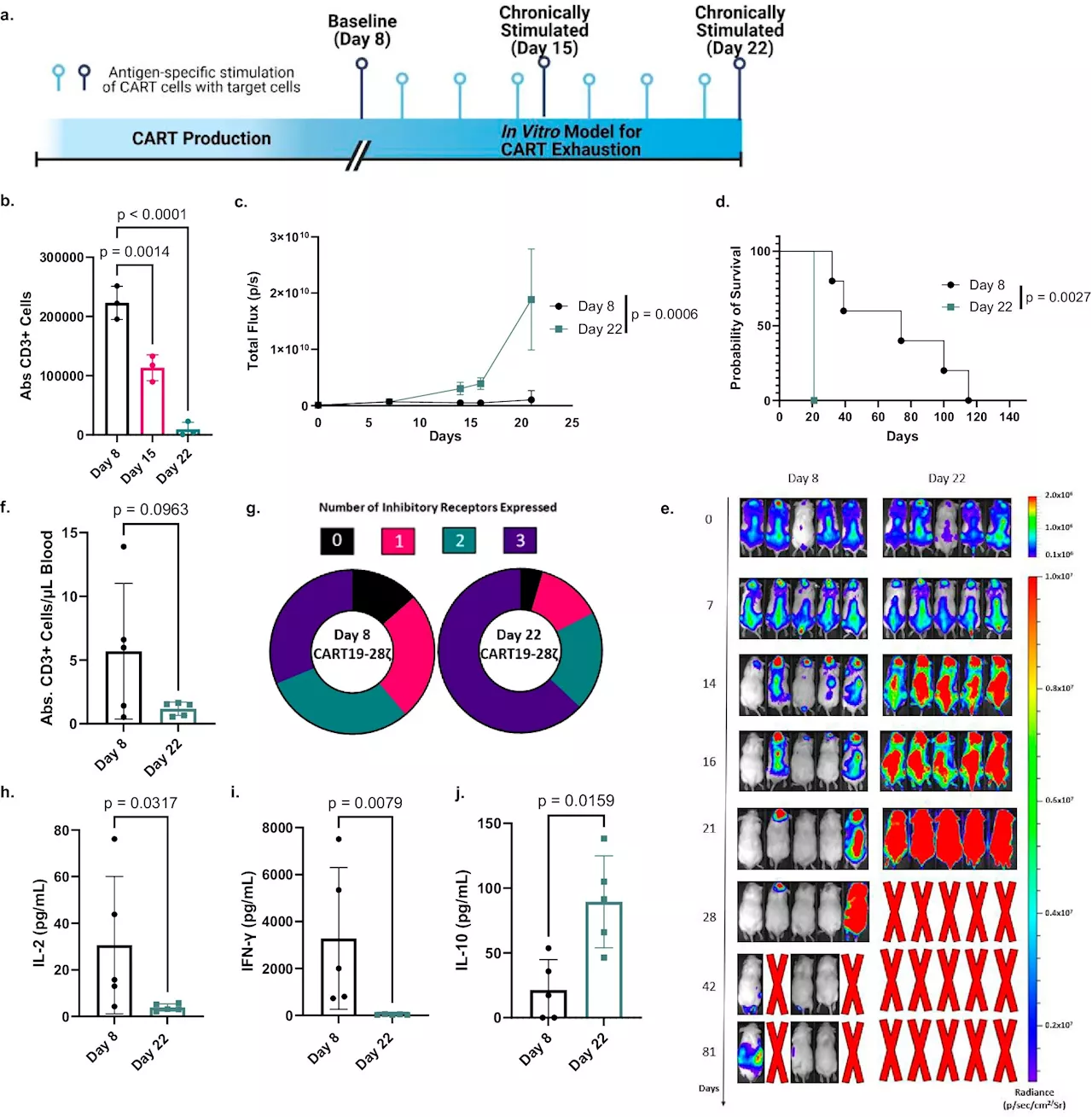 Using molecular scissors to improve CAR-T cell therapyMayo Clinic researchers mined the molecular foundations of cancer and uncovered a new reason chimeric antigen receptor (CAR-T cell therapy) fails in some patients. This discovery has fueled new strategies that incorporate antibodies and gene editing to improve the outcome of this breakthrough treatment for patients.
Using molecular scissors to improve CAR-T cell therapyMayo Clinic researchers mined the molecular foundations of cancer and uncovered a new reason chimeric antigen receptor (CAR-T cell therapy) fails in some patients. This discovery has fueled new strategies that incorporate antibodies and gene editing to improve the outcome of this breakthrough treatment for patients.
Read more »
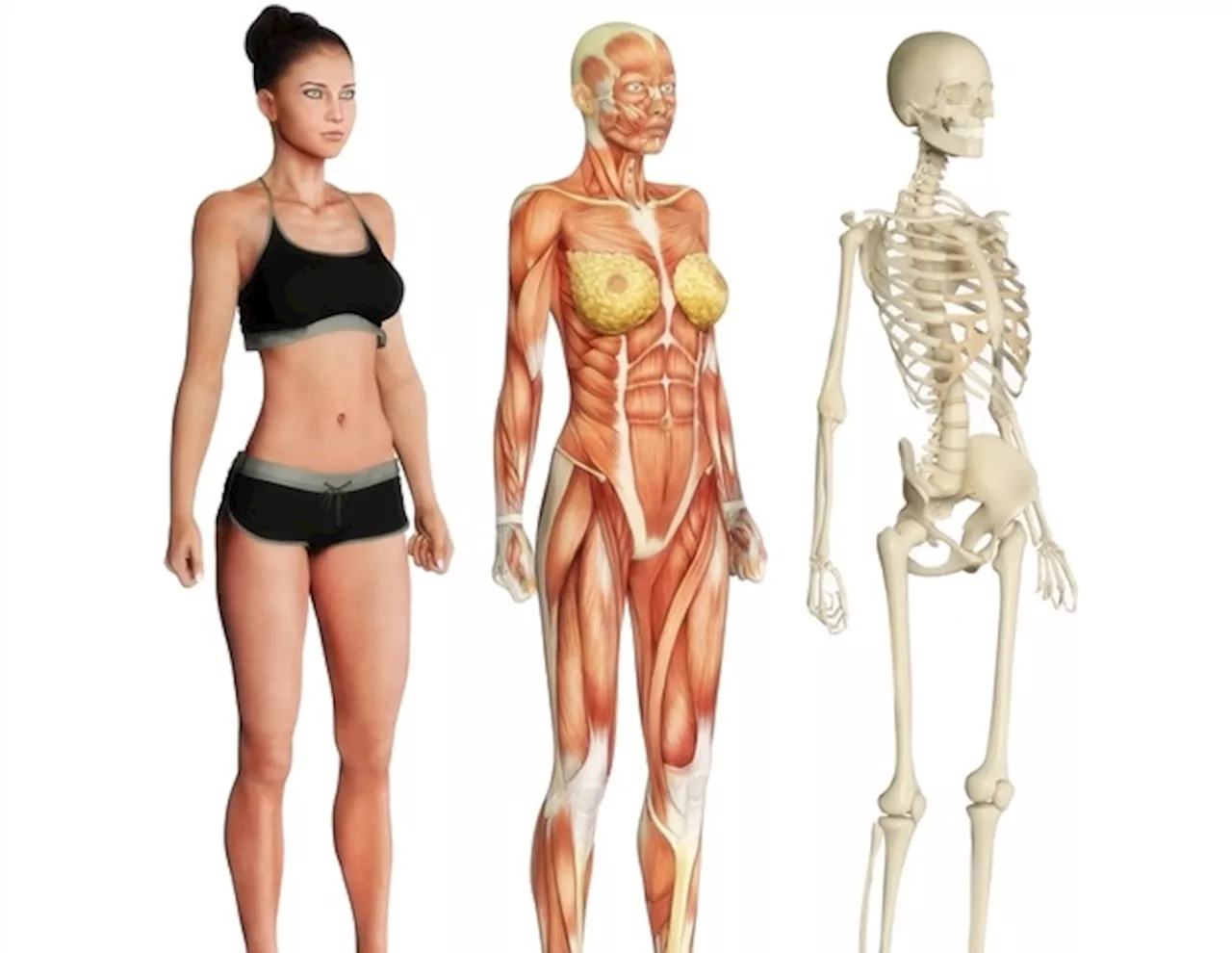 New molecular map offers insights into human physiology and diseaseScientists at Weill Cornell Medicine in Qatar (WCM-Q) have created an intricate molecular map of the human body and its complex physiological processes based on the analysis of thousands of molecules measured in blood, urine and saliva samples from 391 volunteers.
New molecular map offers insights into human physiology and diseaseScientists at Weill Cornell Medicine in Qatar (WCM-Q) have created an intricate molecular map of the human body and its complex physiological processes based on the analysis of thousands of molecules measured in blood, urine and saliva samples from 391 volunteers.
Read more »
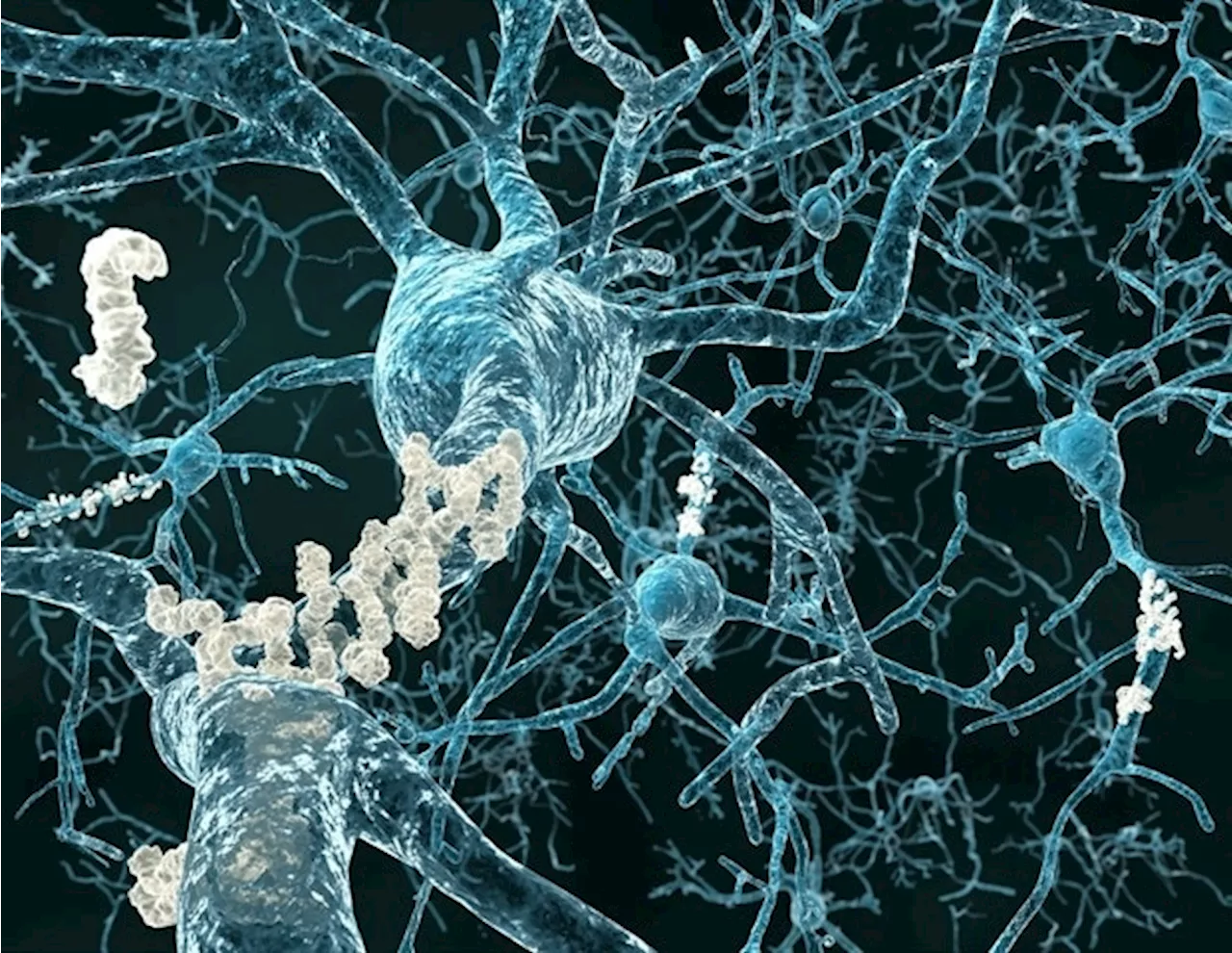 Study reveals shared and unique molecular markers across multiple forms of dementiaResearchers have for the first time identified degeneration-associated 'molecular markers' – observable changes in cells and their gene-regulating networks – that are shared by several forms of dementia that affect different regions of the brain.
Study reveals shared and unique molecular markers across multiple forms of dementiaResearchers have for the first time identified degeneration-associated 'molecular markers' – observable changes in cells and their gene-regulating networks – that are shared by several forms of dementia that affect different regions of the brain.
Read more »
